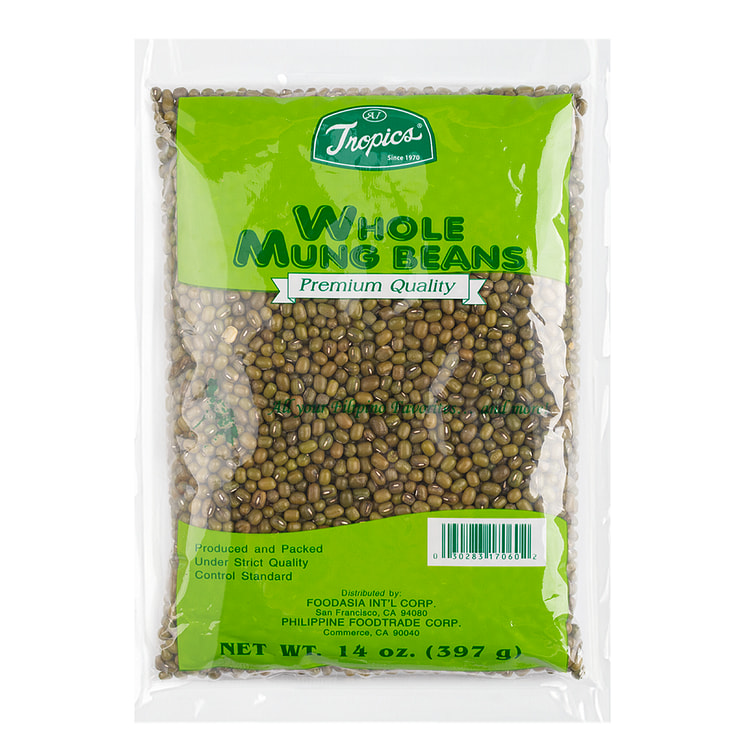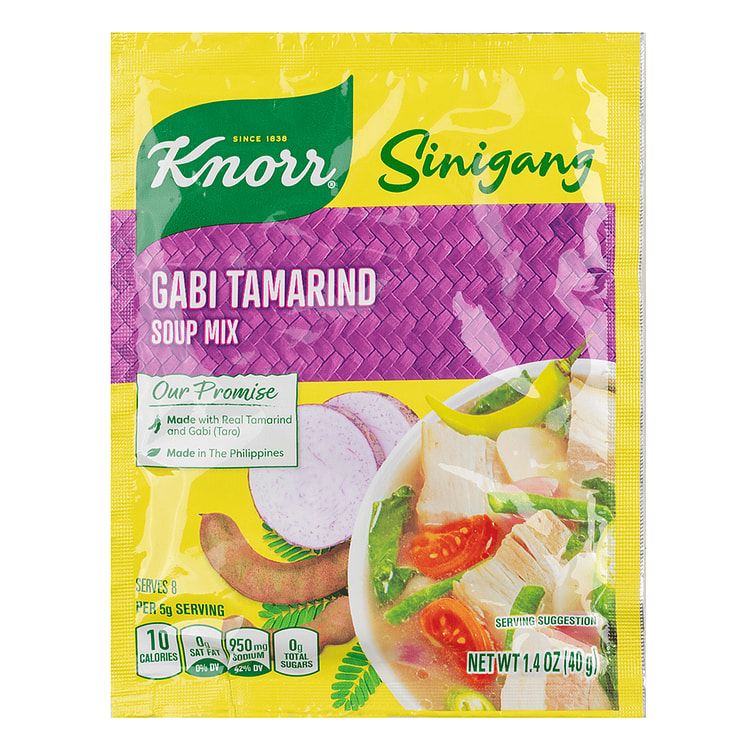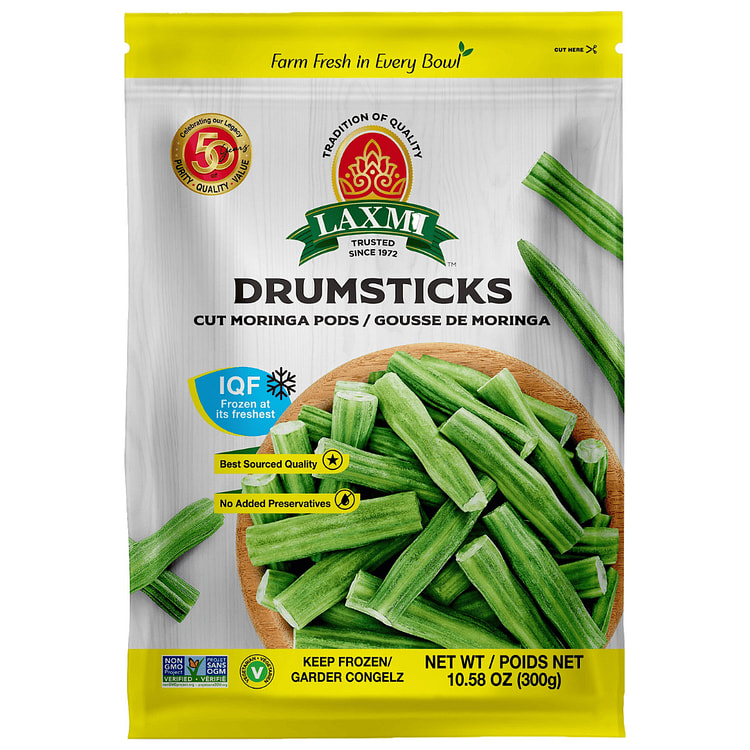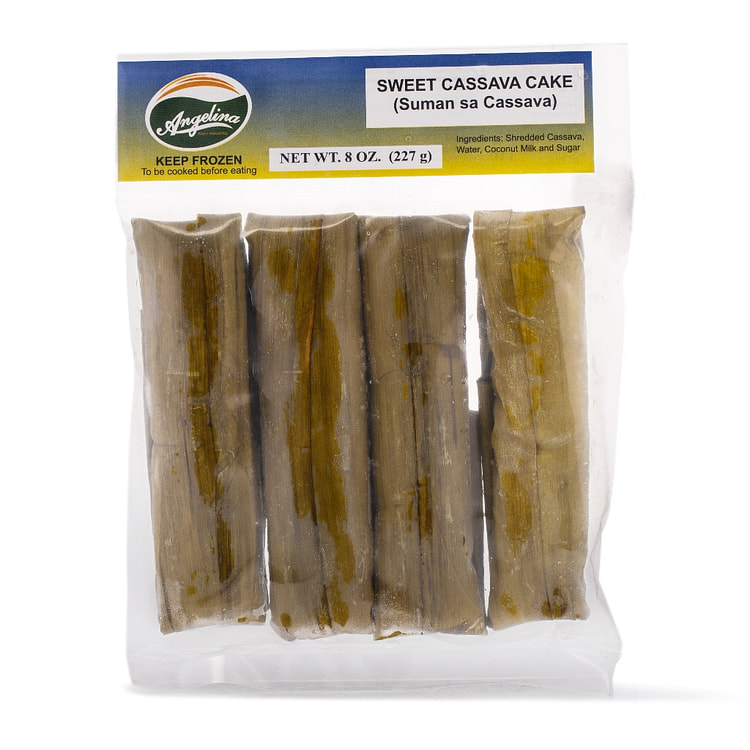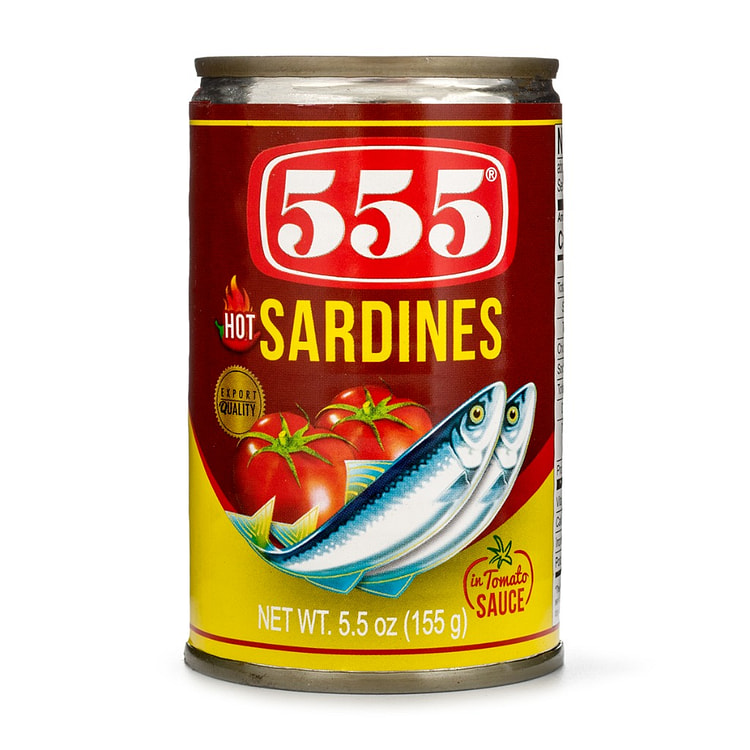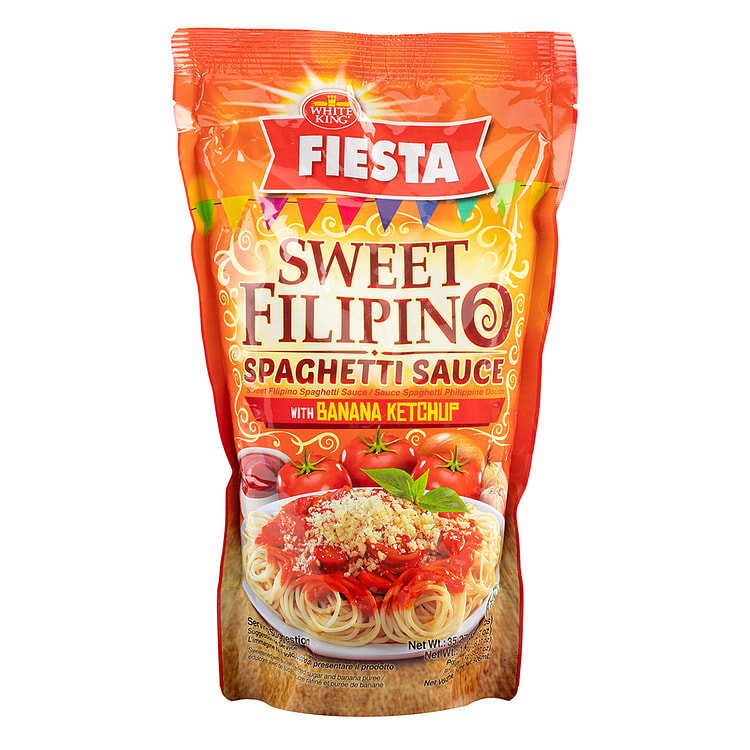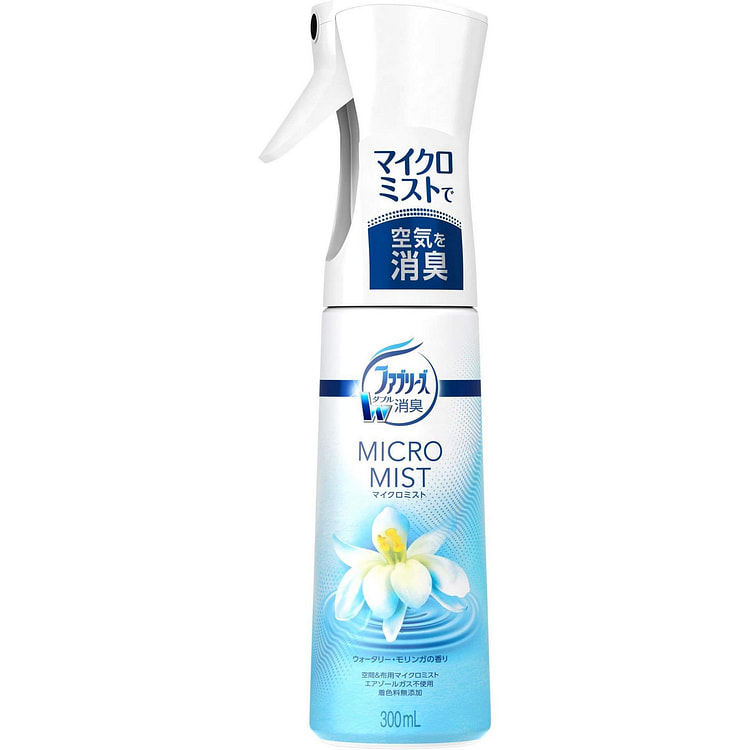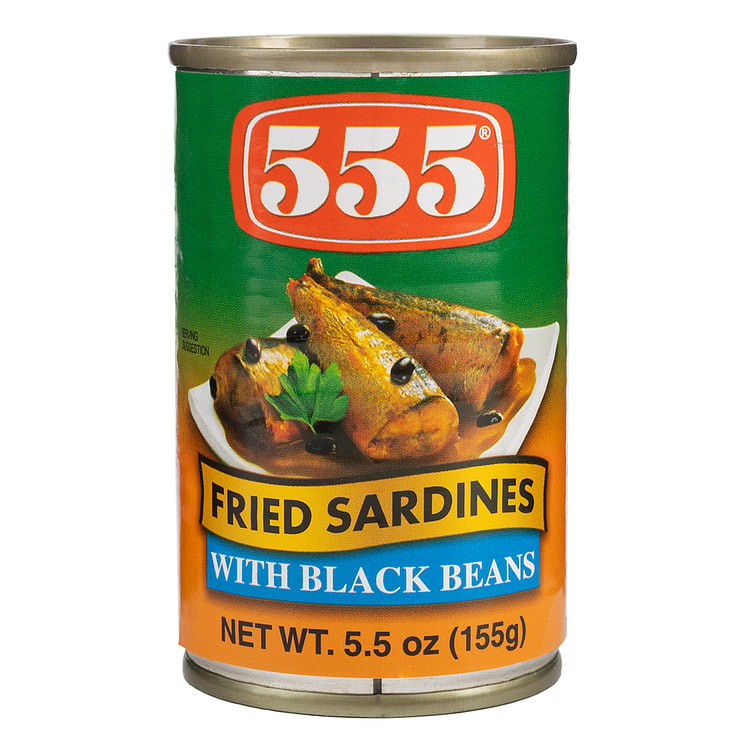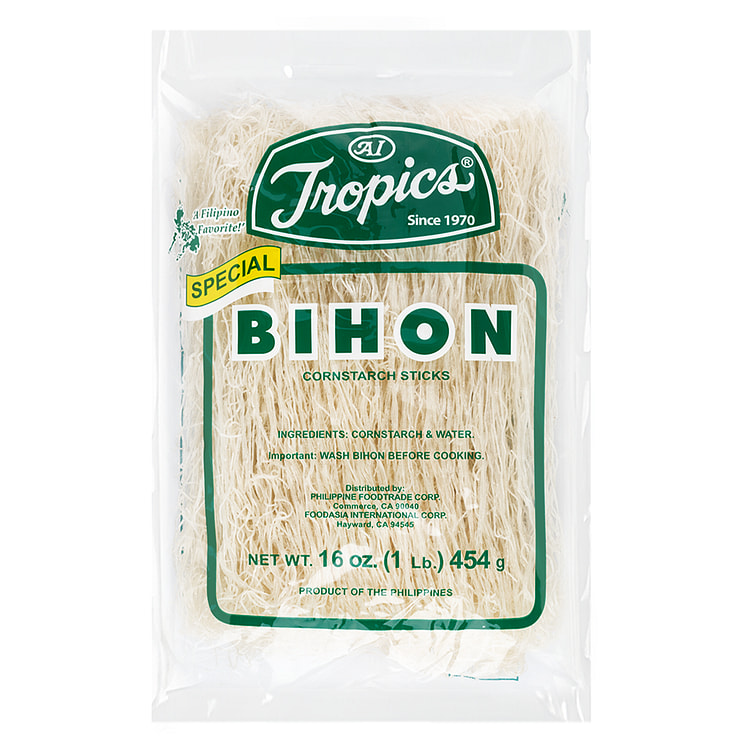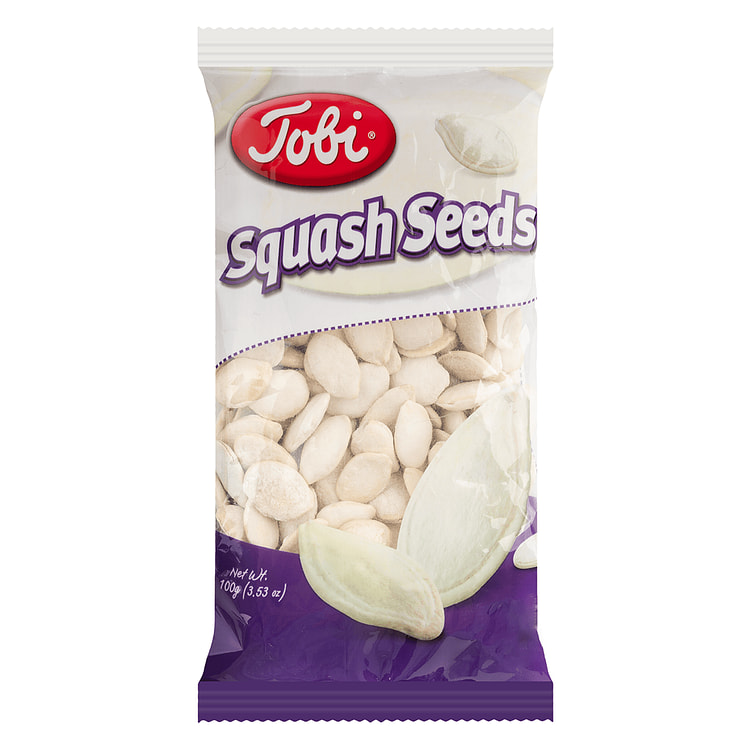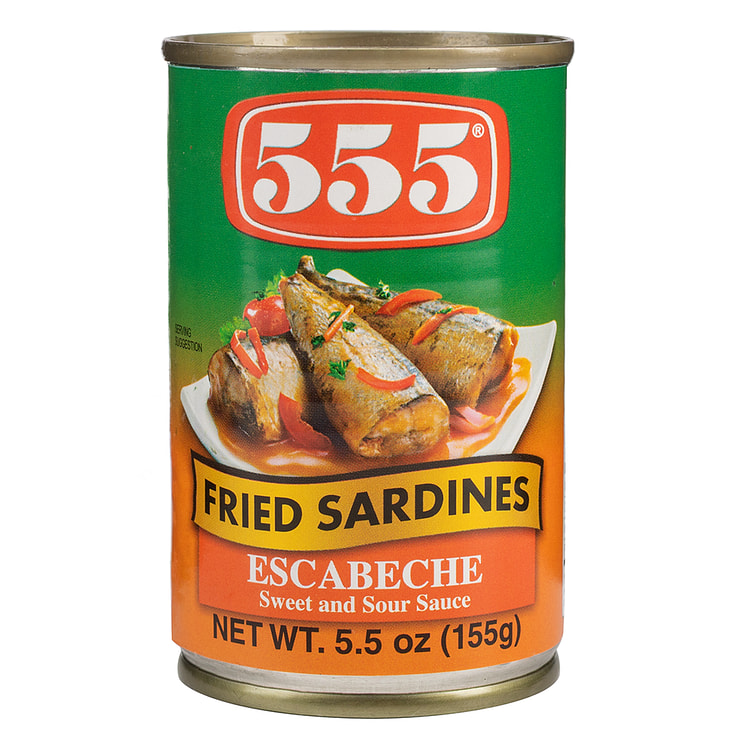Top 5 products for Filipino Vegetable
Latest reviews
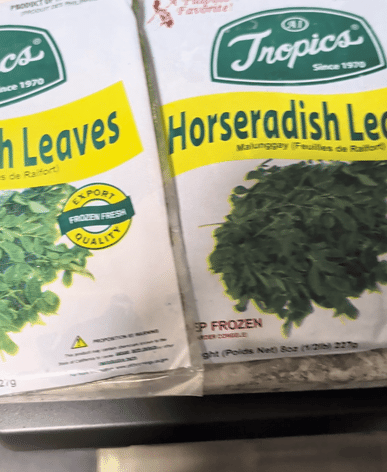 Got three packs of this, was craving and hard to find here in Michigan. thanks for the delivery
Got three packs of this, was craving and hard to find here in Michigan. thanks for the delivery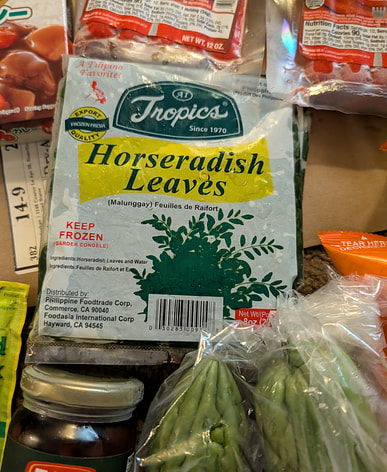 very healthy..di talaga sya mawawala sa list ko . if you want to be healthy... you have to eat at least 3x a month.. kahit frozen but the health benefits are still there.
very healthy..di talaga sya mawawala sa list ko . if you want to be healthy... you have to eat at least 3x a month.. kahit frozen but the health benefits are still there. I always try to stock up. Great to store in the freezer
I always try to stock up. Great to store in the freezer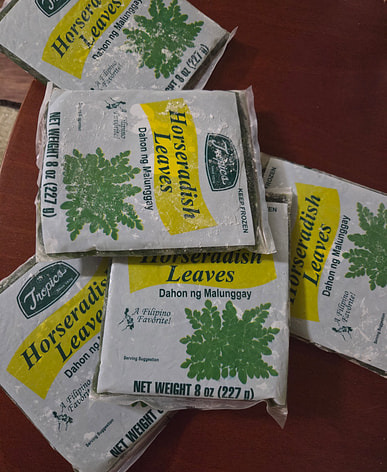 This is a repeat purchase. I had to purchase 5 package at one time because it was sold out for a long time. Previously I bought more than 5 package but I ran out of them. I'm glad that it was back. I hope it can buy more.
This is a repeat purchase. I had to purchase 5 package at one time because it was sold out for a long time. Previously I bought more than 5 package but I ran out of them. I'm glad that it was back. I hope it can buy more.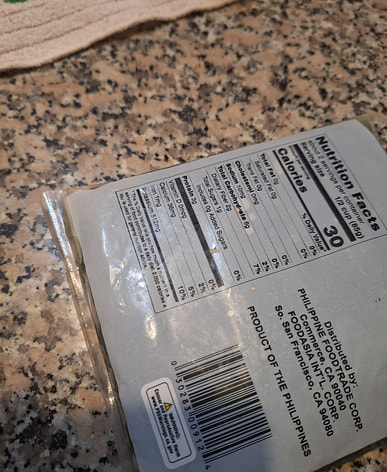 Not try this yet but I will cook soon.
Not try this yet but I will cook soon.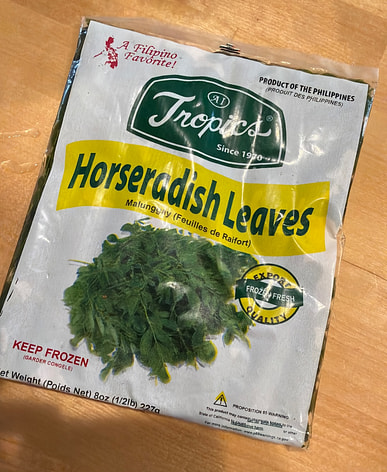 Perfect for my tinola order again soon!
Perfect for my tinola order again soon!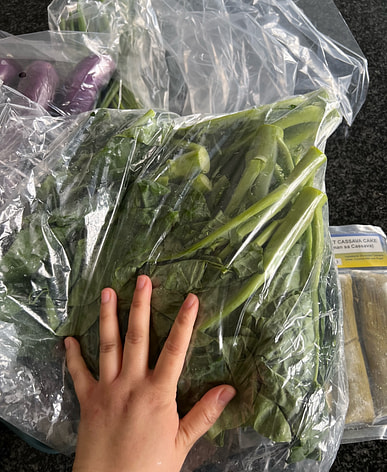 Good color and freshness for frozen leaves. Very convenient for soups and stews. Retains flavor well after cooking.
Good color and freshness for frozen leaves. Very convenient for soups and stews. Retains flavor well after cooking.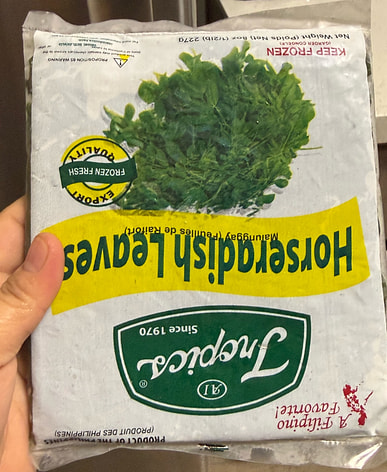 It’s good thanks weee
It’s good thanks weee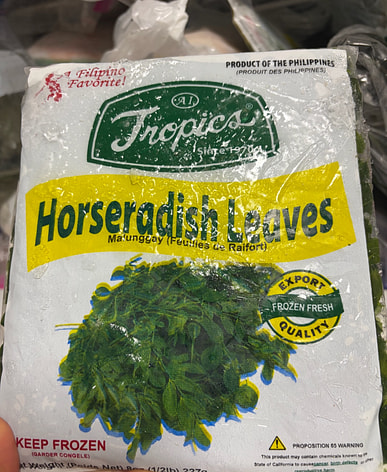 Fresly frozen. Good for chicken soup.
Fresly frozen. Good for chicken soup.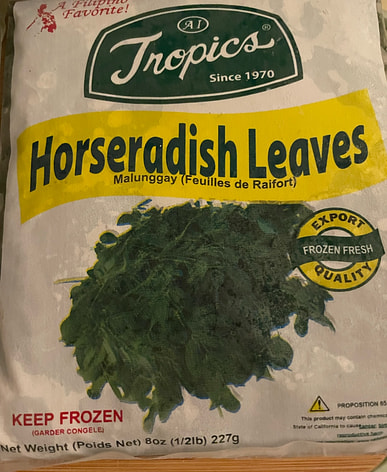 Excellent well done.
Excellent well done.
Latest reviews
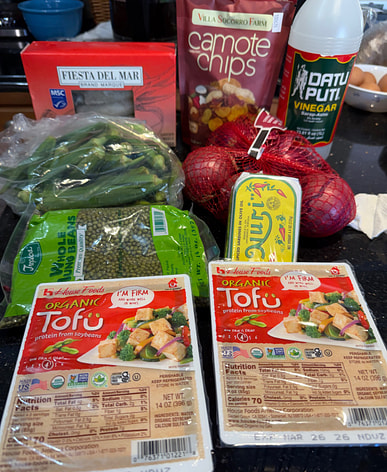 Always order this brand of mungo brand
Always order this brand of mungo brand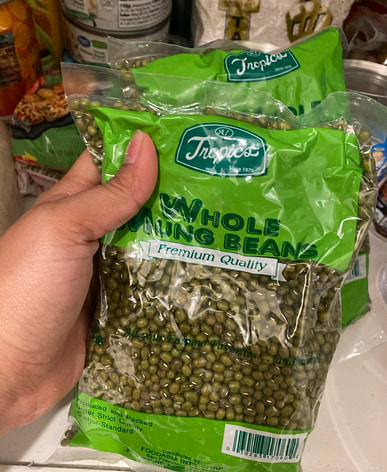 Mung beans perfect for cold season
Mung beans perfect for cold season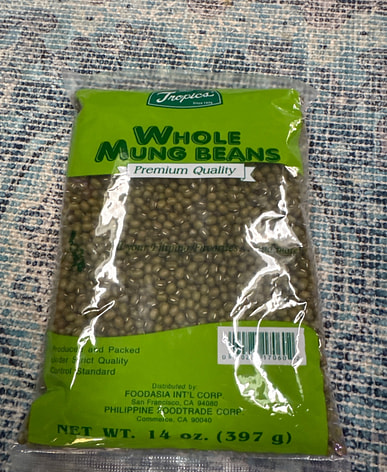 I always buy this product.
I always buy this product.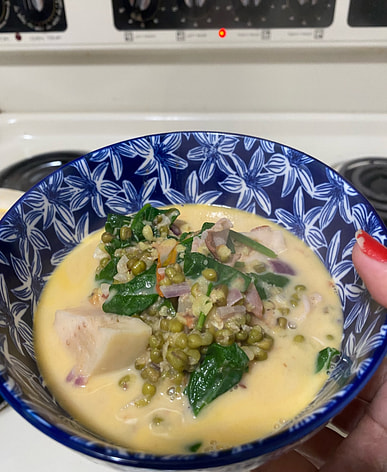 Taste always like Philippines mongo with langka from weee
Taste always like Philippines mongo with langka from weee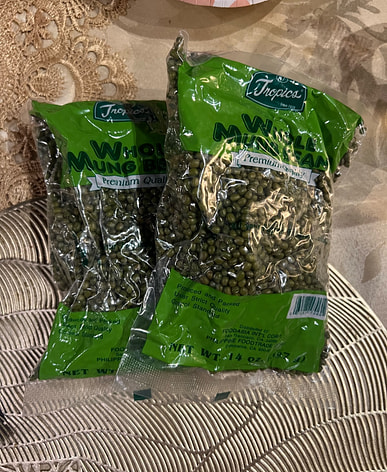 I love this beans my second order, price is excellent
I love this beans my second order, price is excellent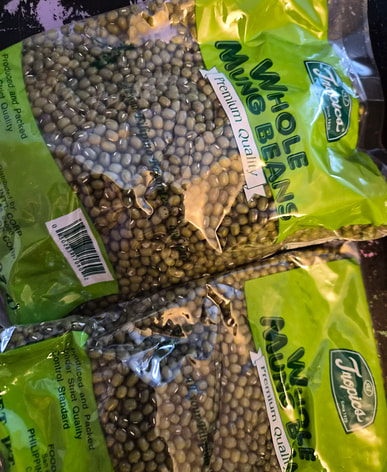 good products!
good products!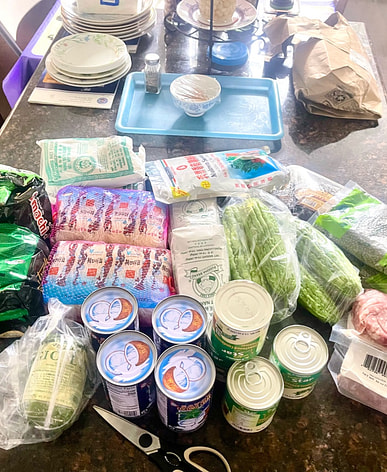 The food was delivered in good condition, the meat was still frozen and everything was fine. Very satisfied.
The food was delivered in good condition, the meat was still frozen and everything was fine. Very satisfied.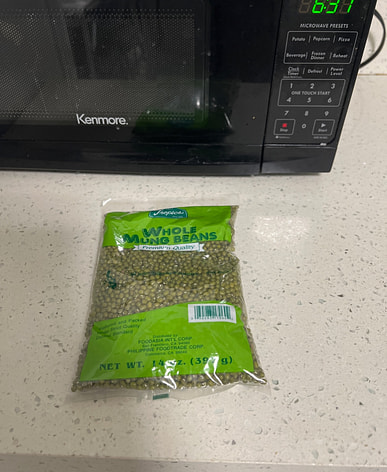 In Good shape
In Good shape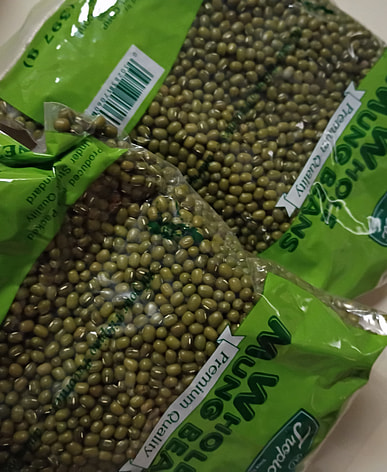 First time buyer.
First time buyer.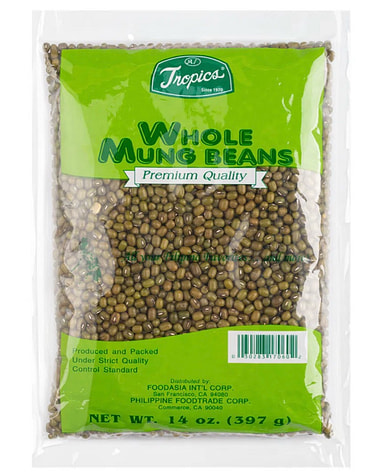 Product is fresh and I love this I will keep buying
Product is fresh and I love this I will keep buying
Latest reviews
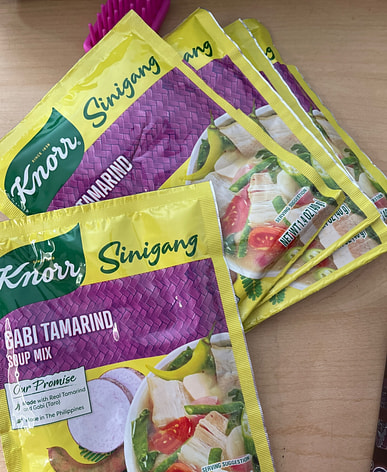 Finally, always sold out
Finally, always sold out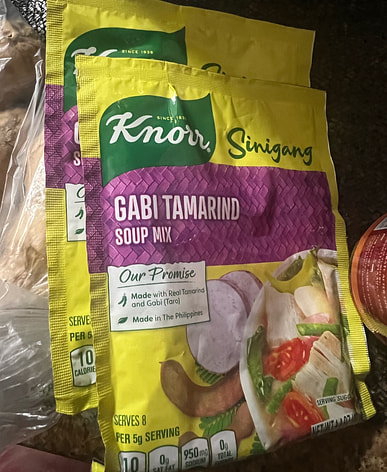 With sinigang mix its really thicken the soup
With sinigang mix its really thicken the soup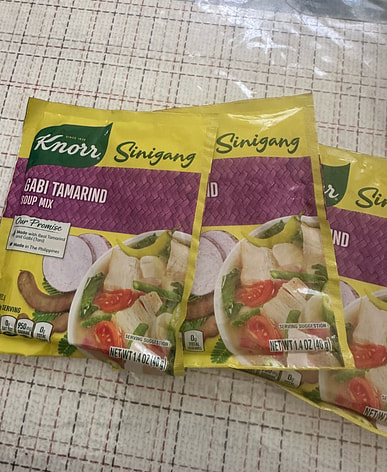 I like this product
I like this product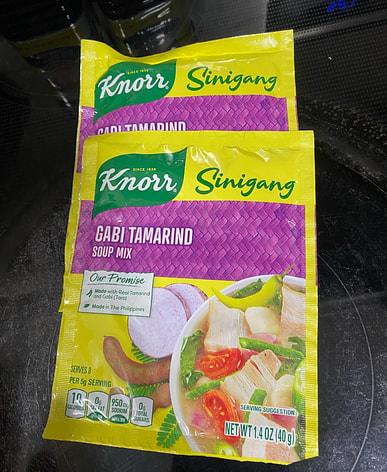 can’t wait fo try
can’t wait fo try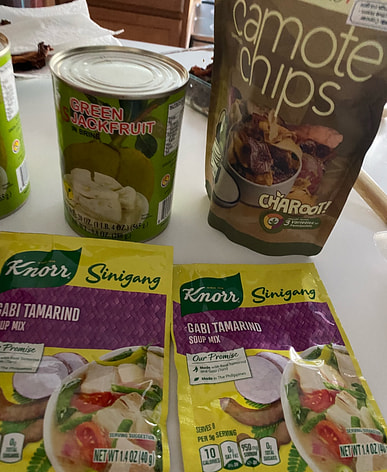 First time to buy this at Weee! Planning of cooking sinigang for later!
First time to buy this at Weee! Planning of cooking sinigang for later!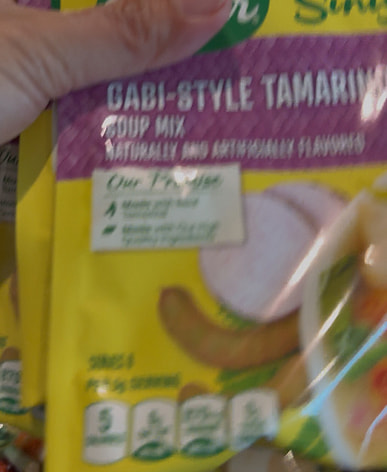 Reorder! Good buy
Reorder! Good buy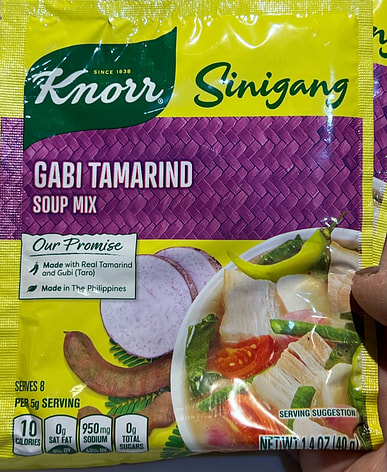 Can't wait to cook pork and bangus sinigang. It's been years!!
Can't wait to cook pork and bangus sinigang. It's been years!!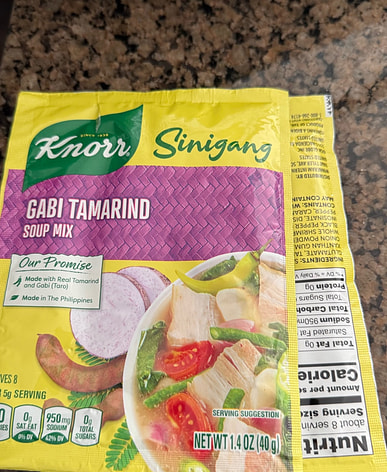 Been looking this in asian stores. Finally its on Weee. Thank you
Been looking this in asian stores. Finally its on Weee. Thank you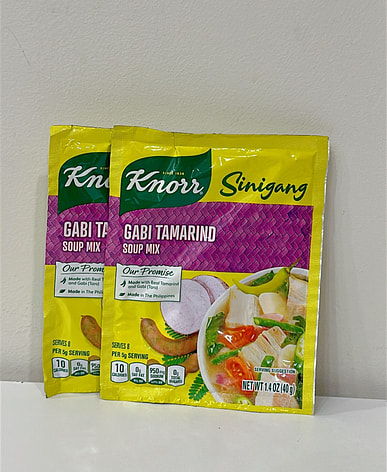 I bought this sour soup seasoning mix, and I’m not sure why, but the packaging is very cute and the instructions are detailed.
I bought this sour soup seasoning mix, and I’m not sure why, but the packaging is very cute and the instructions are detailed.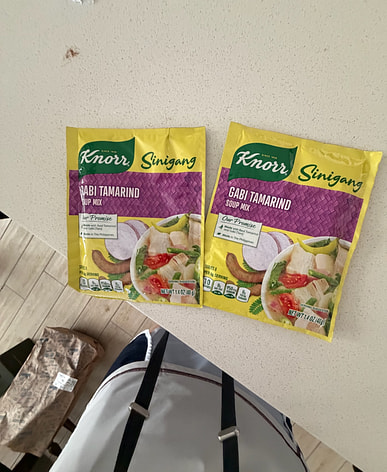 Thankyou so much wee
Thankyou so much wee
Latest reviews
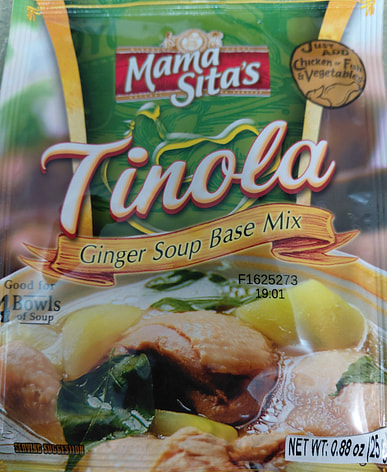 Great soup base for easy Tinola at home. Absolutely love the taste, I do add a bit of chicken bullion and chicken stock.
Great soup base for easy Tinola at home. Absolutely love the taste, I do add a bit of chicken bullion and chicken stock.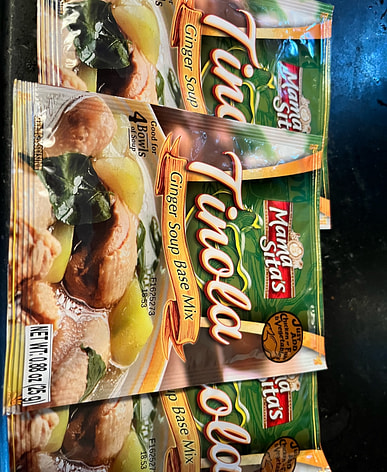 I use this every time I cook tinola or arroz caldo. I don’t saute anymore and it saves me time and energy.
I use this every time I cook tinola or arroz caldo. I don’t saute anymore and it saves me time and energy.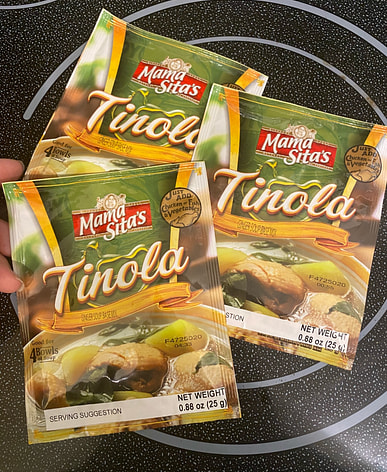 Been looking for this for a long time; finally, I can cook tinola with the same Taste back home.
Been looking for this for a long time; finally, I can cook tinola with the same Taste back home.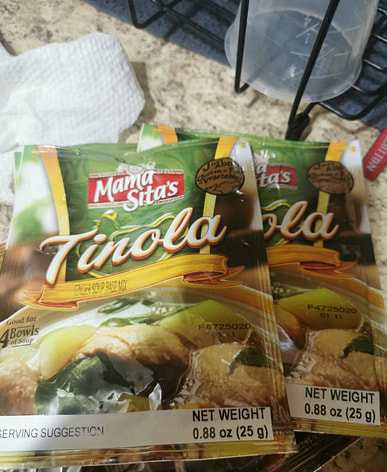 Great tinola mix.
Great tinola mix.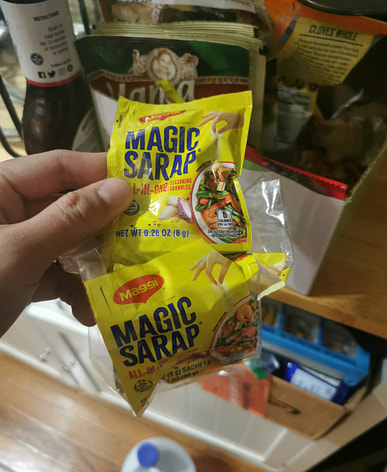 New addition to my seasoning..
New addition to my seasoning..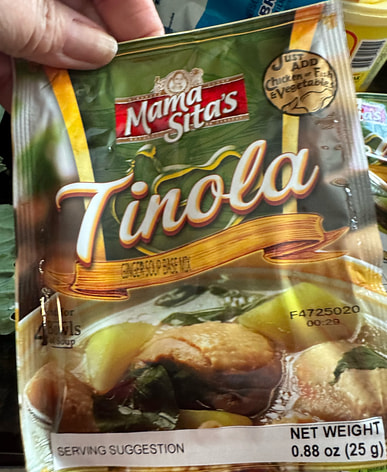 Good for tinolang manok. This is a good kind of seasoning for the chicken.
Good for tinolang manok. This is a good kind of seasoning for the chicken.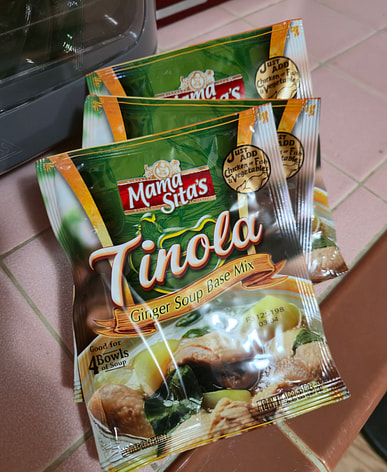 The taste of tinola is delicious even without ginger. This alone is enough.
The taste of tinola is delicious even without ginger. This alone is enough.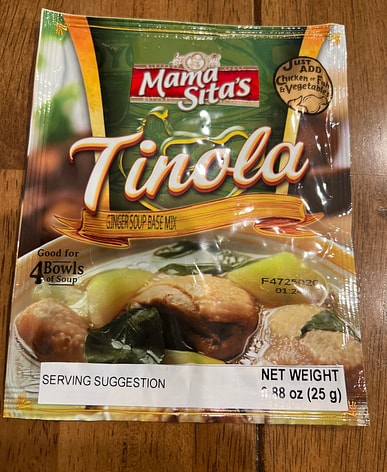 From a packet to easy home cooking. Yummy!
From a packet to easy home cooking. Yummy!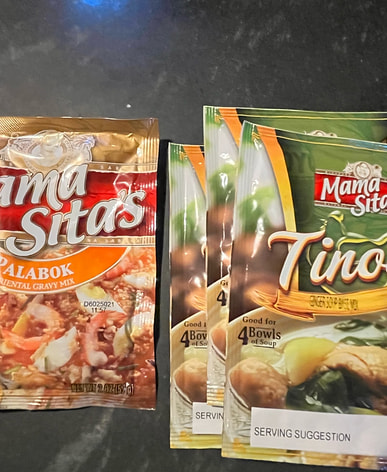 Always keep it on hand - great to use not just for cooking tinola but also for dishes that call for using the triumvirates (garlic, onion and ginger).
Always keep it on hand - great to use not just for cooking tinola but also for dishes that call for using the triumvirates (garlic, onion and ginger).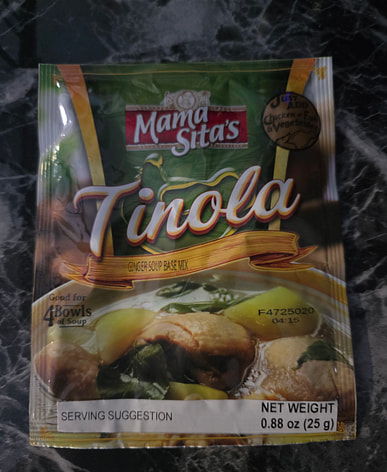 I love mama Sitas Tinola.
I love mama Sitas Tinola.
Latest reviews
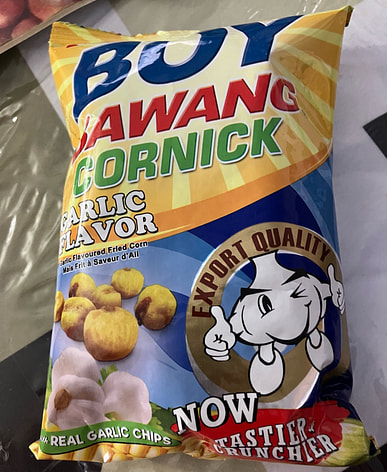 We always love this cornick brand!
We always love this cornick brand! I love this so crunchy
I love this so crunchy seems like burnt Boy Bawang Garlic flavor
seems like burnt Boy Bawang Garlic flavor the best. great price.
the best. great price. These are a great snack! Super crunchy & lots of garlic. Kind of reminds you of cornnuts!! Delicous!
These are a great snack! Super crunchy & lots of garlic. Kind of reminds you of cornnuts!! Delicous!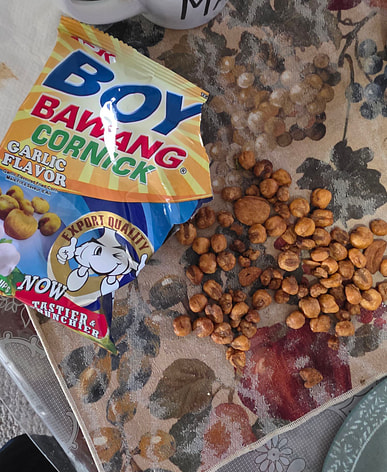 Larger than normal and had garlic pieces too - YUMMY.
Larger than normal and had garlic pieces too - YUMMY. A re-order. I love the fried garlic pieces every now and then
A re-order. I love the fried garlic pieces every now and then Came in good condition
Came in good condition second order my dad liked it thank you wee
second order my dad liked it thank you wee oh wow!!! i remember this taste now......masheerrrreeepppp !!! ....they can't stretch either....Weee tysm
oh wow!!! i remember this taste now......masheerrrreeepppp !!! ....they can't stretch either....Weee tysm
Frequently asked questions
What is a Filipino vegetable?
A Filipino vegetable refers to various types of vegetables commonly used in the Filipino cuisine, such as Bitter gourd (Ampalaya), Eggplant (Talong), Okra, Squash (Kalabasa), String beans (Sitaw), among many others.
Can Filipino vegetables be eaten raw?
Some Filipino vegetables can be eaten raw, while others need to be properly cooked before consumption.
Can Filipino vegetables be frozen?
Yes, most Filipino vegetables can be frozen for later use. However, the texture might change upon thawing, so it's best to use them in cooked dishes.
Can I grow Filipino vegetables in my garden?
Yes, many Filipino vegetables can be grown in a garden, provided that the right conditions are met depending on the specific type of vegetable.
Are Filipino vegetables organic?
Whether Filipino vegetables are organic or not depends on the agricultural practices of the farm where they were grown. You can check the product label or ask the supplier for this information.
How to clean Filipino vegetables?
Filipino vegetables should be properly rinsed under cool running water and scrubbed delicately, if necessary, before consumption or preparation.
Are Filipino vegetables gluten-free?
Vegetables do not naturally contain gluten. However, cross-contamination can occur if they are prepared in a facility that also processes wheat or other gluten-containing products.
Can Filipino vegetables be juiced?
Yes, many Filipino vegetables can be juiced. However, it’s good to check specific vegetables as some might not taste pleasant as juice.
Are Filipino vegetables healthy?
Yes, Filipino vegetables are healthy. They are full of vitamins, minerals, and fibers which are beneficial for the body.
How to cook Filipino vegetables?
Filipino vegetables can be prepared in a variety of ways, such as steaming, boiling, stir-frying, or they can be added to stews and soups. The method of preparation varies according to the type of vegetable and the dish in which they are used.
How to store Filipino vegetables?
Filipino vegetables should be stored in a cool, dry place. Some can be kept in the refrigerator to extend their freshness.
Where can I buy Filipino vegetables?
You can buy it at Weee! Asian Market, www.sayweee.com.
Do Filipino vegetables have pesticides?
The presence of pesticide residues in Filipino vegetables largely depends on the agricultural practices of the farm where they were grown. Organic vegetables are typically free of synthetic pesticides.
Are Filipino vegetables available all year round?
Availability depends on the specific type of vegetable. Some Filipino vegetables are seasonal, while others can be found all year round.
Are Filipino vegetables safe for people with diabetes?
Yes, Filipino vegetables are generally safe for people with diabetes. Most vegetables have low glycemic index, low calories, and high fiber content, making them suitable for a diabetes-friendly diet.
Do Filipino vegetables cause allergies?
While not common, it is possible to have allergic reactions to certain Filipino vegetables. If you know or suspect you have food allergies, it is best to consult with a doctor or a registered dietitian.
Popular reviews
 Got three packs of this, was craving and hard to find here in Michigan. thanks for the delivery
Got three packs of this, was craving and hard to find here in Michigan. thanks for the delivery very healthy..di talaga sya mawawala sa list ko . if you want to be healthy... you have to eat at least 3x a month.. kahit frozen but the health benefits are still there.
very healthy..di talaga sya mawawala sa list ko . if you want to be healthy... you have to eat at least 3x a month.. kahit frozen but the health benefits are still there. I always try to stock up. Great to store in the freezer
I always try to stock up. Great to store in the freezer This is a repeat purchase. I had to purchase 5 package at one time because it was sold out for a long time. Previously I bought more than 5 package but I ran out of them. I'm glad that it was back. I hope it can buy more.
This is a repeat purchase. I had to purchase 5 package at one time because it was sold out for a long time. Previously I bought more than 5 package but I ran out of them. I'm glad that it was back. I hope it can buy more. Not try this yet but I will cook soon.
Not try this yet but I will cook soon. Perfect for my tinola order again soon!
Perfect for my tinola order again soon! Good color and freshness for frozen leaves. Very convenient for soups and stews. Retains flavor well after cooking.
Good color and freshness for frozen leaves. Very convenient for soups and stews. Retains flavor well after cooking. It’s good thanks weee
It’s good thanks weee Fresly frozen. Good for chicken soup.
Fresly frozen. Good for chicken soup. Excellent well done.
Excellent well done. Always order this brand of mungo brand
Always order this brand of mungo brand Mung beans perfect for cold season
Mung beans perfect for cold season I always buy this product.
I always buy this product. Taste always like Philippines mongo with langka from weee
Taste always like Philippines mongo with langka from weee I love this beans my second order, price is excellent
I love this beans my second order, price is excellent good products!
good products! The food was delivered in good condition, the meat was still frozen and everything was fine. Very satisfied.
The food was delivered in good condition, the meat was still frozen and everything was fine. Very satisfied. In Good shape
In Good shape First time buyer.
First time buyer. Product is fresh and I love this I will keep buying
Product is fresh and I love this I will keep buying Finally, always sold out
Finally, always sold out With sinigang mix its really thicken the soup
With sinigang mix its really thicken the soup I like this product
I like this product can’t wait fo try
can’t wait fo try First time to buy this at Weee! Planning of cooking sinigang for later!
First time to buy this at Weee! Planning of cooking sinigang for later! Reorder! Good buy
Reorder! Good buy Can't wait to cook pork and bangus sinigang. It's been years!!
Can't wait to cook pork and bangus sinigang. It's been years!! Been looking this in asian stores. Finally its on Weee. Thank you
Been looking this in asian stores. Finally its on Weee. Thank you I bought this sour soup seasoning mix, and I’m not sure why, but the packaging is very cute and the instructions are detailed.
I bought this sour soup seasoning mix, and I’m not sure why, but the packaging is very cute and the instructions are detailed. Thankyou so much wee
Thankyou so much wee Great soup base for easy Tinola at home. Absolutely love the taste, I do add a bit of chicken bullion and chicken stock.
Great soup base for easy Tinola at home. Absolutely love the taste, I do add a bit of chicken bullion and chicken stock. I use this every time I cook tinola or arroz caldo. I don’t saute anymore and it saves me time and energy.
I use this every time I cook tinola or arroz caldo. I don’t saute anymore and it saves me time and energy. Been looking for this for a long time; finally, I can cook tinola with the same Taste back home.
Been looking for this for a long time; finally, I can cook tinola with the same Taste back home. Great tinola mix.
Great tinola mix. New addition to my seasoning..
New addition to my seasoning.. Good for tinolang manok. This is a good kind of seasoning for the chicken.
Good for tinolang manok. This is a good kind of seasoning for the chicken. The taste of tinola is delicious even without ginger. This alone is enough.
The taste of tinola is delicious even without ginger. This alone is enough. From a packet to easy home cooking. Yummy!
From a packet to easy home cooking. Yummy! Always keep it on hand - great to use not just for cooking tinola but also for dishes that call for using the triumvirates (garlic, onion and ginger).
Always keep it on hand - great to use not just for cooking tinola but also for dishes that call for using the triumvirates (garlic, onion and ginger). I love mama Sitas Tinola.
I love mama Sitas Tinola. We always love this cornick brand!
We always love this cornick brand! I love this so crunchy
I love this so crunchy seems like burnt Boy Bawang Garlic flavor
seems like burnt Boy Bawang Garlic flavor the best. great price.
the best. great price. These are a great snack! Super crunchy & lots of garlic. Kind of reminds you of cornnuts!! Delicous!
These are a great snack! Super crunchy & lots of garlic. Kind of reminds you of cornnuts!! Delicous! Larger than normal and had garlic pieces too - YUMMY.
Larger than normal and had garlic pieces too - YUMMY. A re-order. I love the fried garlic pieces every now and then
A re-order. I love the fried garlic pieces every now and then Came in good condition
Came in good condition second order my dad liked it thank you wee
second order my dad liked it thank you wee oh wow!!! i remember this taste now......masheerrrreeepppp !!! ....they can't stretch either....Weee tysm
oh wow!!! i remember this taste now......masheerrrreeepppp !!! ....they can't stretch either....Weee tysm




